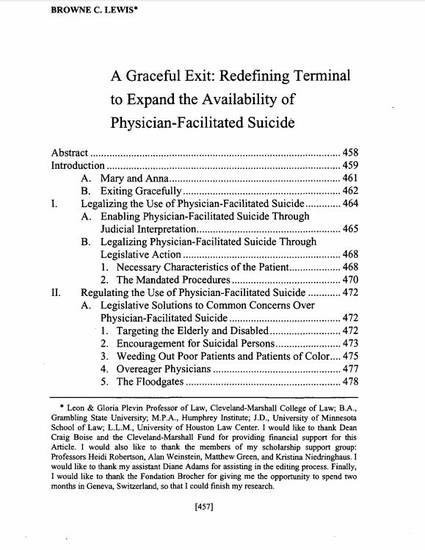
- assisted suicide,
- physician-facilitated suicide,
- Oregon,
- Washington,
- physician assisted suicide,
- state statutes
For almost ten years, Oregon stood alone as the state that permits terminally ill persons to choose the time and manner of their deaths. Finally, in 2009, Oregon received company when the state of Washington’s physician facilitated suicide statute officially went into effect in March of that year. Supporters of the statutes hailed the enactments as a victory for persons seeking to die with dignity. Persons from groups like Compassion & Choices vowed to seek similar legislation in the remaining states. Representatives from the Washington State Medical Association, hospice groups and hospitals argued that the mandates of the statutes place physicians in an unnatural position. In particular, the Medical Association’s spokesman stated that physicians take an oath to save lives, not to end them. The number of persons in the country who support physician-facilitated suicide has continued to grow. At the end of 2009, the Montana Supreme Court indicated that physician-facilitated suicide is not against the state’s public policy. In this article, instead of joining the debate about the legalization of physician assisted suicide, I analyzed the law in Oregon and Washington. That analysis shows that the legislatures in those states attempted to regulate the process in order to protect the interests of terminally ill patients and physicians.
Available at: http://works.bepress.com/browne_lewis/9/
